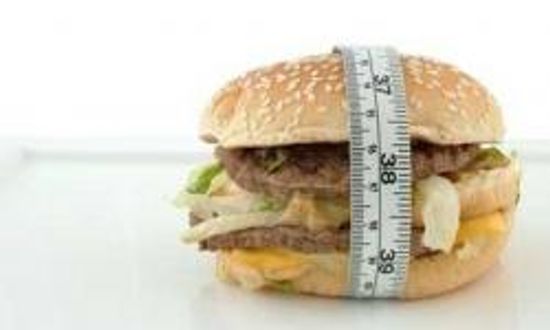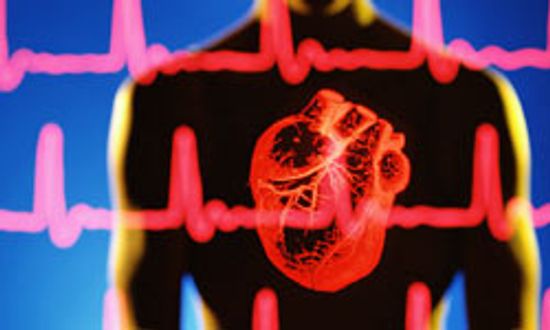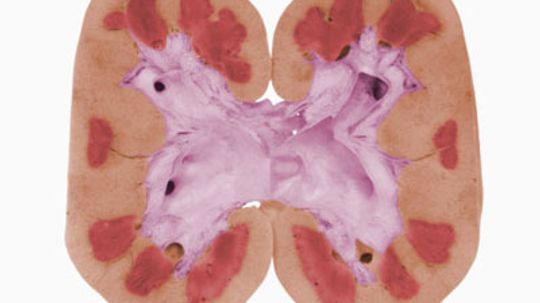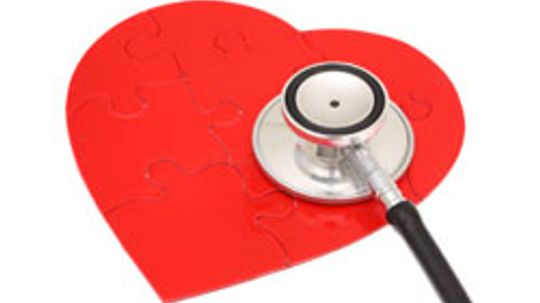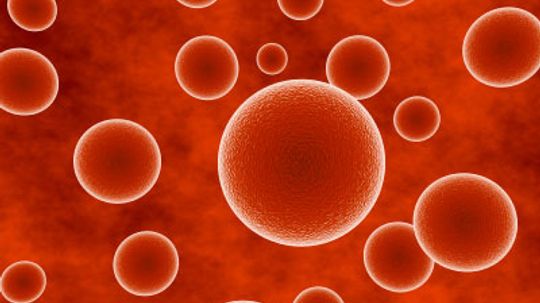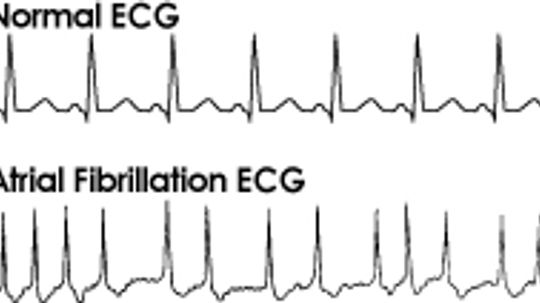Heart
Heart conditions can have a tremendous effect on other bodily functions and performance, and they can develop as a result of numerous factors. Learn about heart conditions and their impact on the body.
Learn More / Page 2
We all know that we're supposed to eat our vegetables. But why? What makes vegetables healthy, and could the solution for heart disease really be as close as the next salad?
By Julia Layton
Heart disease is more common in people with even mild to moderate kidney disease than in those of the same age and sex without kidney disease. Why is that? And what are the risks?
Diuretic drugs help remove excess fluid from the bodies of heart failure patients. But long-term use of diuretics may not be the best treatment for these patients.
Advertisement
Jugular venous distension can be a sign of heart disease -- it happens when high blood pressure swells your jugular vein. How do doctors diagnose it, and how do they treat it?
The human body is approximately 60 percent water, which is essential to almost every life process. But sometimes a condition called fluid overload can occur, in which more fluid (primarily water) is going into your body than is coming out.
Atrial fibrillation is serious heart disease, but it's treatable if diagnosed early. Learn about EKGs, echocardiograms and other tests that detect AF symptoms.
